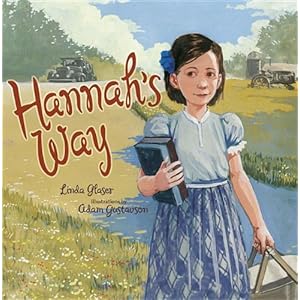Up til now, Alysa and I have written about all of the great books we are reading. But I want to change that today.
I also am a huge blog consumer. I read biking blogs and literacy blogs and educator blogs and survivor blogs and parenting blogs and more. Earlier this week at one of the blogs I list on our short blog list to the right of the blog page, I read an entry that stopped me. It is because of Lee Wind's entry that I am changing reviewing only books.
What he wrote-- or linked to-- is that important. Read this post.
http://www.leewind.org/2012/05/great-post-im-christian-unless-youre.html
Now read this one.
http://www.danoah.com/2012/04/a-teens-brave-response-to-im-christian-unless-youre-gay.html
Yep. Real-life important stuff. Like how to learn from and with our own children. How to listen into them, even when it is so wicked difficult we forget to breathe.
I consider myself lucky in that when I did figure out I was gay, I was mostly accepted. I didn't experience bullying much, and my family seemed to take it okay. I did experience a decent amount of homophobia in college but that is another story. Yes, it still was a struggle but nothing like what this kid writes of. I was lucky to grow up in a family where acceptance was key to life, no matter what. For the last few years, I have followed lots of stories about the losses gay youth and young adults experience. The suicides pain me deeply. When I read stuff like this, I realize how far we have to grow as a community.
I am gonna stop writing and let you get to the links...I really think these are the beginnings of honest conversations. I can tell you that it was within my own family, just earlier this week. Deep breath in, I learned more about the pain my family members carried in those early years. See where this all takes you.
I also am a huge blog consumer. I read biking blogs and literacy blogs and educator blogs and survivor blogs and parenting blogs and more. Earlier this week at one of the blogs I list on our short blog list to the right of the blog page, I read an entry that stopped me. It is because of Lee Wind's entry that I am changing reviewing only books.
What he wrote-- or linked to-- is that important. Read this post.
http://www.leewind.org/2012/05/great-post-im-christian-unless-youre.html
Now read this one.
http://www.danoah.com/2012/04/a-teens-brave-response-to-im-christian-unless-youre-gay.html
Yep. Real-life important stuff. Like how to learn from and with our own children. How to listen into them, even when it is so wicked difficult we forget to breathe.
I consider myself lucky in that when I did figure out I was gay, I was mostly accepted. I didn't experience bullying much, and my family seemed to take it okay. I did experience a decent amount of homophobia in college but that is another story. Yes, it still was a struggle but nothing like what this kid writes of. I was lucky to grow up in a family where acceptance was key to life, no matter what. For the last few years, I have followed lots of stories about the losses gay youth and young adults experience. The suicides pain me deeply. When I read stuff like this, I realize how far we have to grow as a community.
I am gonna stop writing and let you get to the links...I really think these are the beginnings of honest conversations. I can tell you that it was within my own family, just earlier this week. Deep breath in, I learned more about the pain my family members carried in those early years. See where this all takes you.




